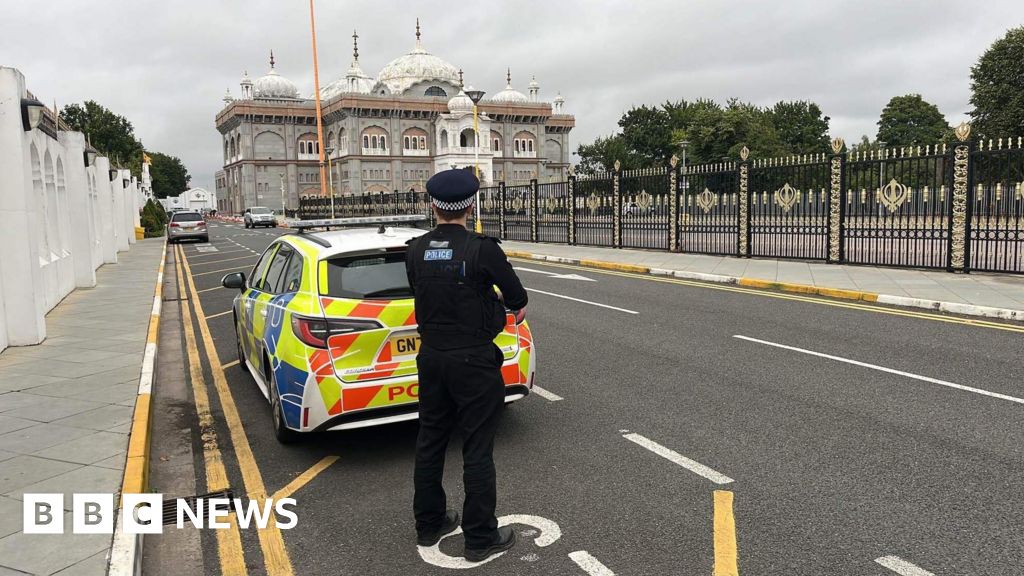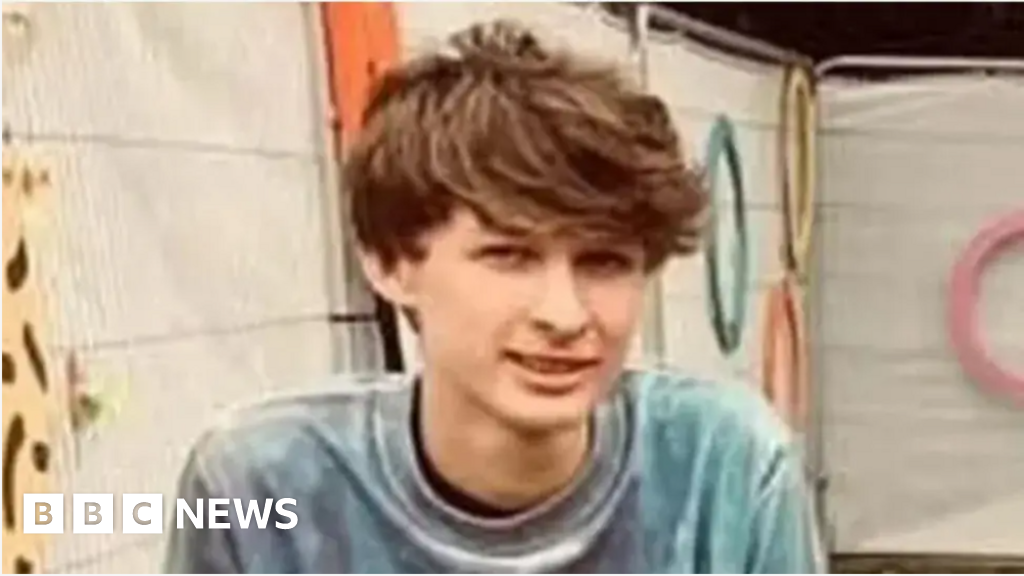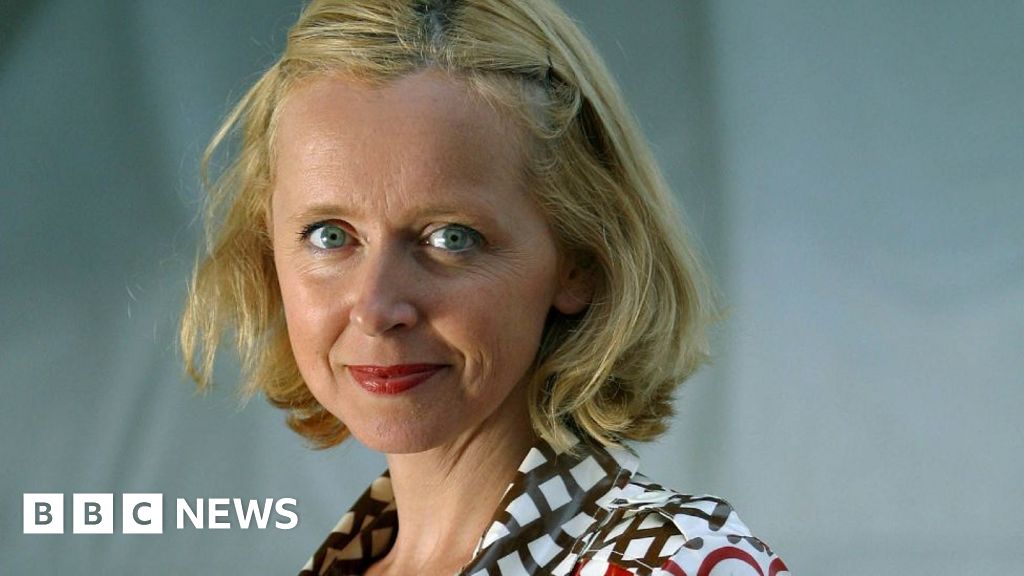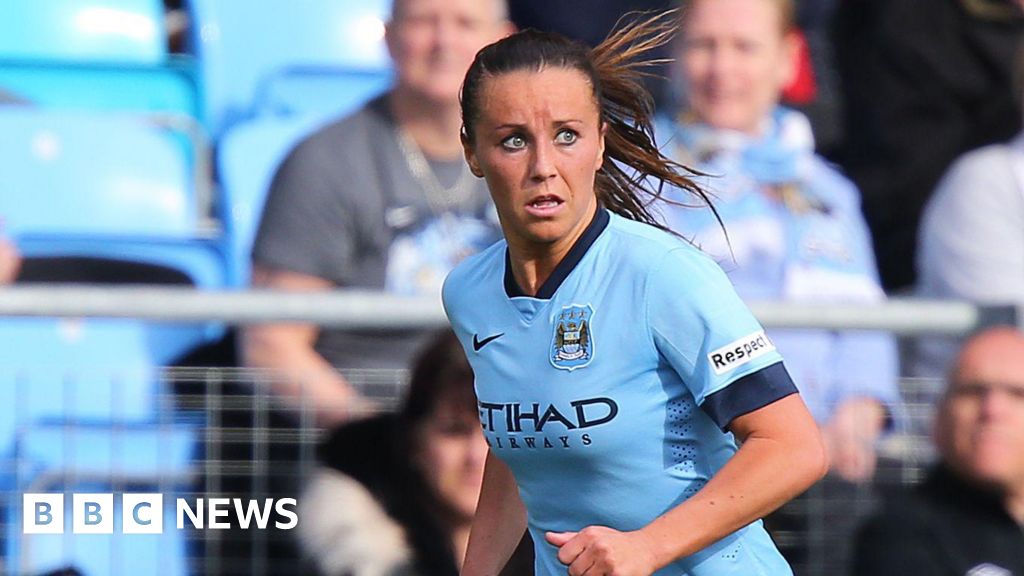
 Getty Images
Getty Images
Minimum wages will rise in April, with the National Living Wage set to go up to £12.21 an hour, the chancellor has confirmed ahead Wednesday's Budget.
Rachel Reeves said that the pay boost marked a "significant step" towards achieving its promise of a "genuine living wage" for workers.
Employees aged 18 to 20 and apprentices will also see their minimum hourly pay increase.
The government said more than three million workers will benefit, but firms have warned the higher cost could mean they have to cut back on hiring.
How much is the minimum wage going up by?
- The minimum wage for over 21s, known as the National Living Wage, will rise by 6.7%, from £11.44 to £12.21 from April 2025. This year, it increased to £11.44 an hour, from £10.42.
- For 18 to 20-year-olds, the minimum wage will rise from £8.60 to £10. In April this year, the rate was increased from £7.49.
- Apprentices will get the biggest pay bump, from £6.40 to £7.55 an hour. Prior to this year, it was £5.28
The Treasury said a big hike in the minimum wage for under-21s - the largest on record - marked the first step towards a single rate for all adults.
It comes after the government instructed the Low Pay Commission, which recommends minimum wage rates, to include the cost of living in its calculations.
The rates for the National Living Wage and National Minimum Wage are set by the government every year, with the new rates taking effect the following April.
Nye Cominetti, principal economist at the Resolution Foundation think tank, said that while the increase was "good news" for lower earners, the 77p uplift for workers over the age of 21 was smaller than each of the last two years.
But she said the smaller rise was "sensible" in the context of the expected rise in National Insurance contributions for employers in the Budget.
Business owners, particularly smaller ones, have voiced concerns over the impact of higher wage bills and workers' rights reforms.
Christine Dobson Moore, the owner of the Sanwitches Cafe in Sabden, near Burnley, said her firm is already struggling to pay its employees.
"It's quieter than it used to be, to be honest," she said. "A lot of the politicians haven't lived in the real world, they're not us."
Kate Nicholls, chief executive of trade group UK Hospitality, said businesses would be approaching the Budget with "even more trepidation" following the announcement of minimum wage increases.
"Trying to balance the books from the pockets of high street businesses will simply leave hospitality as collateral damage – threatening jobs, future investment, price increases for consumers, and business viability," she said.

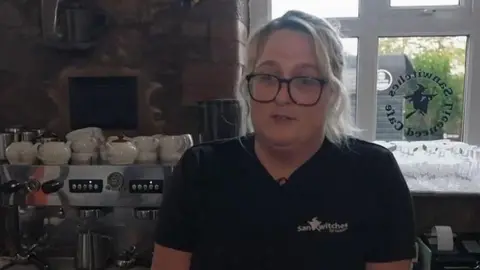
'Higher than we thought'
Nick Mackenzie, the boss of pub chain Greene King, told the BBC's Today programme the rise in the minimum was was "slightly higher than we were envisaging".
But he stressed it was the "cumulative effect" of costs rising for businesses that was "critical" to the industry.
Asked if rising costs to pay for higher wages and taxes would lead to job cuts and less investment, Mr Mackenzie said: "If you keep pushing costs into business then that is going to happen."
But Paul Nowak, general secretary of the Trades Union Congress, said: "Every time the minimum wage goes up there are some voices who predict this will drive up unemployment. Every time they are wrong."
Claire Reindorp, chief executive of Young Women’s Trust, also supported the rise, stating that women are "more likely to be in low-paid work, so for too long they’ve been at the sharp end of the financial crisis in this country".
There has been speculation over the tax rises Labour will announce, with Reeves claiming there is a £22bn "hole" in the public finances to be addressed.
National Insurance, paid by employers on top of the wages they pay out, is one of several taxes which are expected to hiked by the chancellor to boost funding for public services, including the NHS.
Employers currently pay a rate of 13.8% on a worker's earnings above £175 a week.
But Reeves is also expected to to lower the threshold for when employers start paying the tax. The two measures combined are expected to raise about £20bn.
The move is thought to be the single largest revenue raiser of the Budget.
It has also raised questions over a potential knock-on effect when the government has said growing the UK economy is a top priority.
Businesses have warned burdening them with extra costs will make investing, hiring staff and creating jobs harder.
In some cases, firms could pass on the increased costs through higher prices to customers, but workers' wage rises could be restricted as employers look for savings.
Melanie Pizzey, chief executive of the Global Payroll Association, the industry body for payroll professionals, suggested that businesses might limit pay rises for workers earning more than the minimum wage as they seek to keep costs down.

 3 weeks ago
15
3 weeks ago
15
